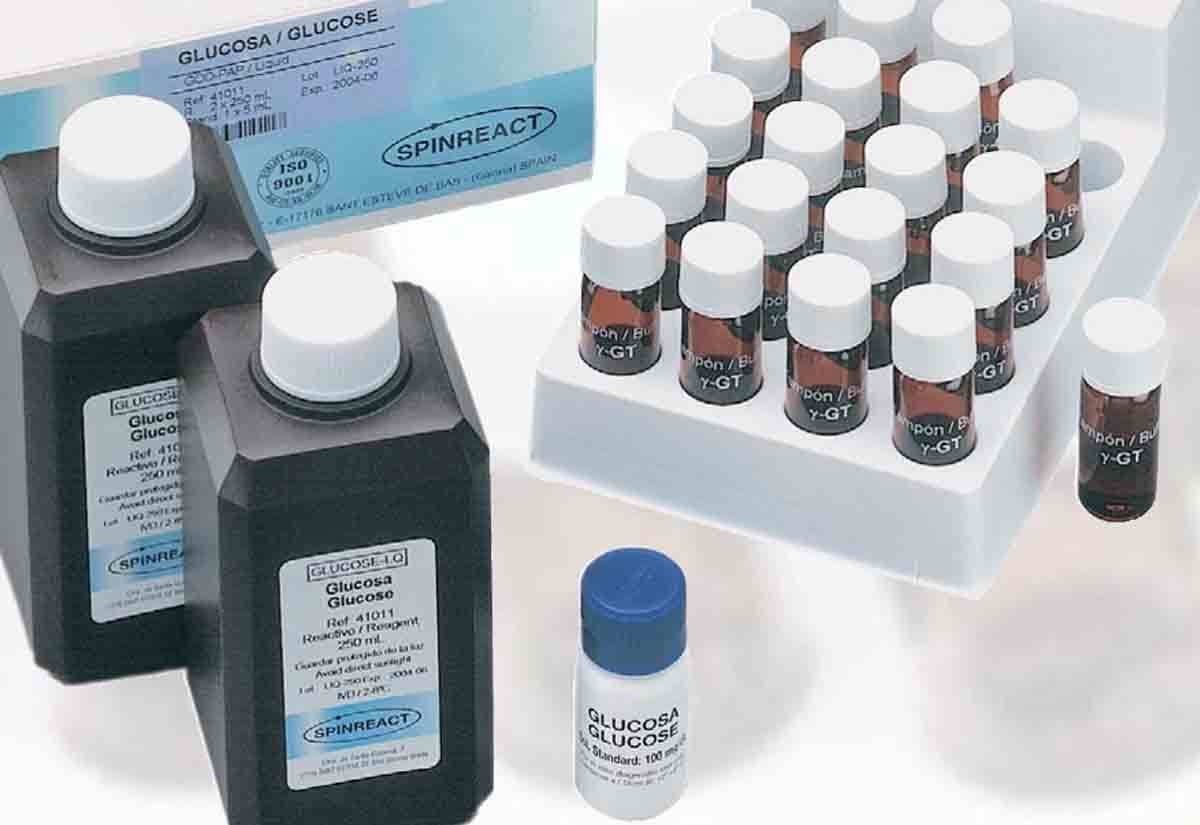CLINICAL SIGNIFICANCE
Potassium (K+) is the major positive ion within cells and is particularly important for maintaining the electric charge on the cell membrane. This charge allows nerves and muscles to communicate and is necessary for transporting nutrients into cells and waste products out of the cell. The concentration of potassium inside cells is about 30 times that in the blood and other fluids outside of cells. Potassium levels are mainly controlled by the steroid hormone aldosterone. Aldosterone is secreted from the adrenal gland when levels of potassium increase. Aldosterone, in turn, causes the body to rid itself of the excess potassium. Metabolic acidosis (for example, caused by uncontrolled diabetes) or alkalosis (for example, caused by excess vomiting) can affect blood potassium. In normal people, taking potassium supplements or potassium-containing drugs is of no consequences, because the kidneys efficiently dispose of excess potassium.
REAGENTS
|
PREC |
Trichloroacetic
acid (TCA) |
0.3
mol/L |
|
R1
TPB-Na |
Sodium
tetraphenylboron (TPB-Na) |
0.2
mol/L |
|
R2
NaOH |
Sodium hydroxide |
2.0
mol/L |
|
K-p CAL Sodium aqueous primary standard 50 mmol/L |
REFERENCE VALUES
- Serum: 3.60 – 5.50 mmol/L
- Plasma: 4.00 – 4.80 mmol/L
These values are for orientation purpose; each laboratory should establish its own reference range.
PACKAGING
- Ref: 1001390 - 2 x 50 mL


 TIẾNG VIỆT
TIẾNG VIỆT
 ENGLISH
ENGLISH
